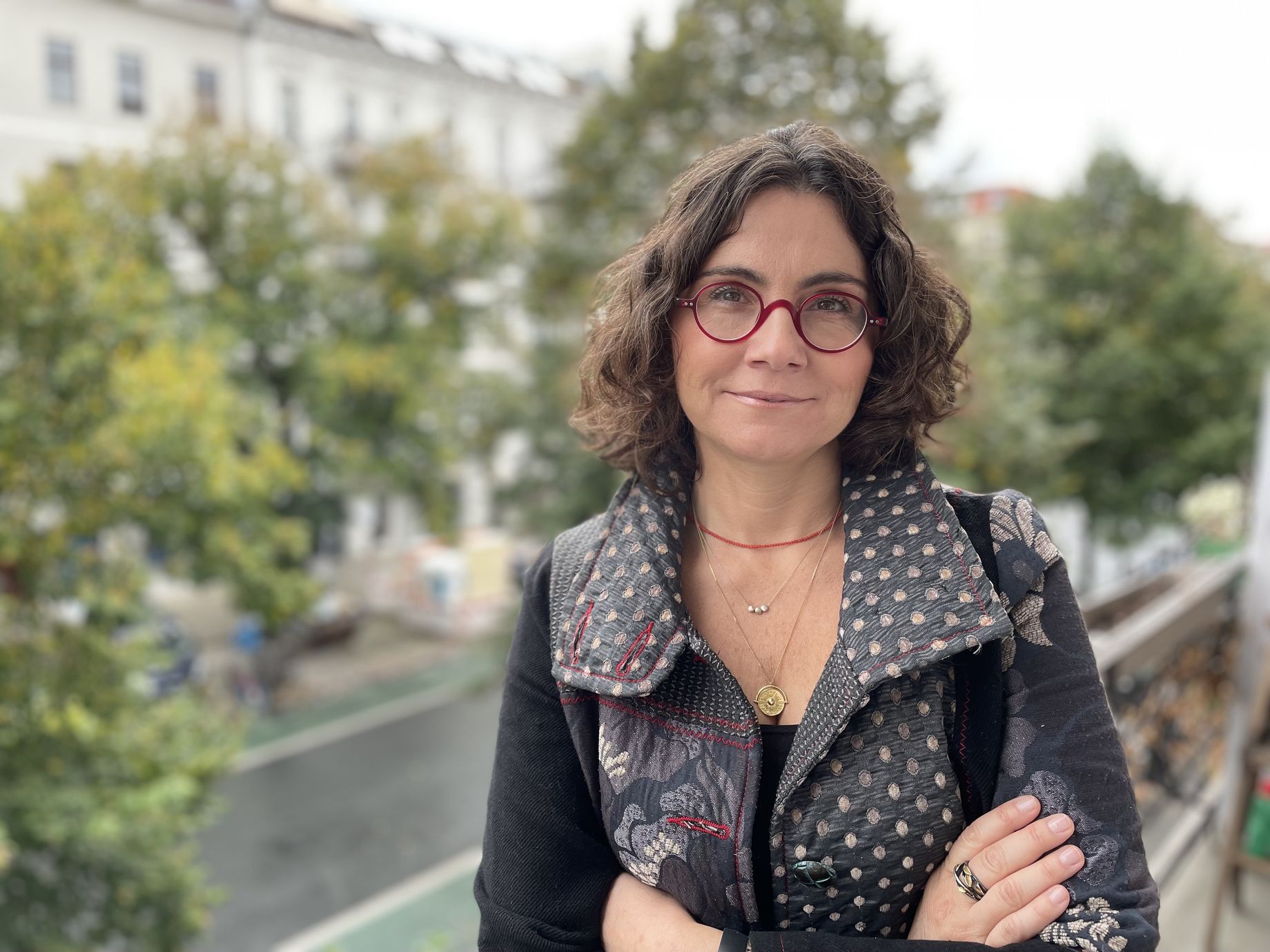Nil Mutluer
In-between Diversity and Polarization: The Politics of Gender, Ethnicity and Religion in post 1980 Turkey
Previous Fellowships: 2022/ 2023
Nil Mutluer is a social scientist, and occasional journalist, TV programmer and consultant for art projects. She obtained her PhD in Comparative Gender Studies at Central European University. Nil works and acts in the intersectional space of civil society, among academia, media and arts. She was a guest scholar in the Diversity and Social Conflict Department at the Humboldt-Universität zu Berlin where she was an Einstein Foundation Senior Scholar between 2019-2021, Philipp Schwartz Research Fellow of Alexander von Humboldt Foundation between 2016-2018, and an interim professor of Public Law and Gender Studies at Humboldt-Universität zu Berlin in 2018. She has worked as a lecturer at different universities in Istanbul. In the acadmic years 2022-24, Nil is an affiliated EUME Fellow at the Forum Transregionale Studien while also being affiliated with Leipzig University, Institute of Religion Studies as a Senior Researcher.
In-between Diversity and Polarization: The Politics of Gender, Ethnicity and Religion in post 1980 Turkey
The socio-political space of Turkey is marked by a profound diversity in terms of gender, sexual orientation, ethnicity, religion and ideology, yet today Turkish politics is marked by a profound, bi-polar polarization between two vaguely defined political camps. While the pro-government camp is defined by an alliance between Islamic-conservative and Turkish-nationalist elements, the opposition camp is much more fragmented and encompasses the whole spectrum of the diverse identities found in Turkey’s socio-political space, including secularists, Islamic-conservatives, Turkish and Kurdish nationalists, socialists, social democrats, feminists and LGBTIQ+ movements. My research seeks to understand, from an intersectional and historical perspective, how this multipolar diversity evolved into a bipolar polarization, by delving into the ways in which alliances formed and broken between these identities in the post-1980 Turkey.
All fellows


